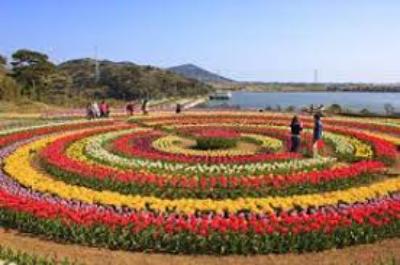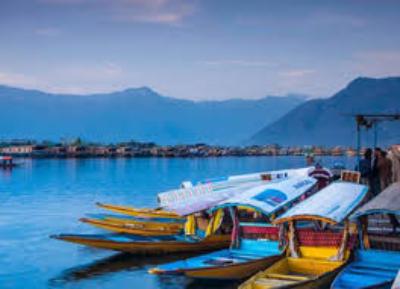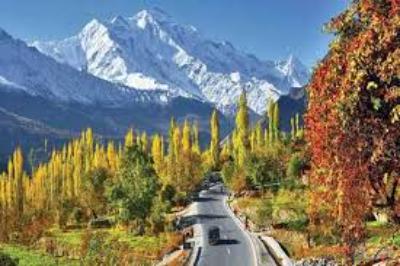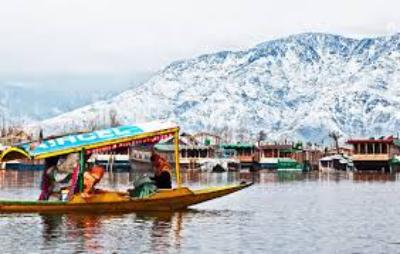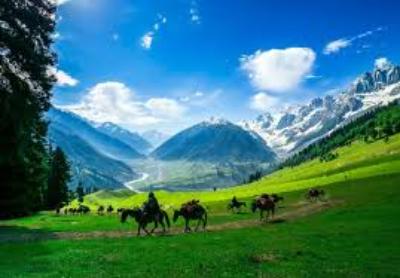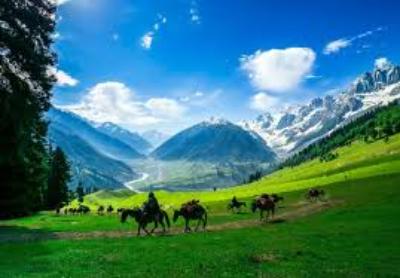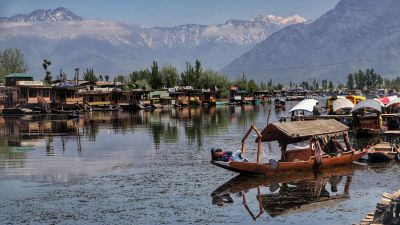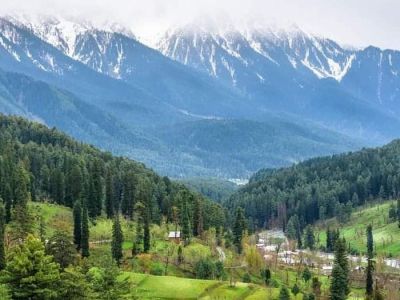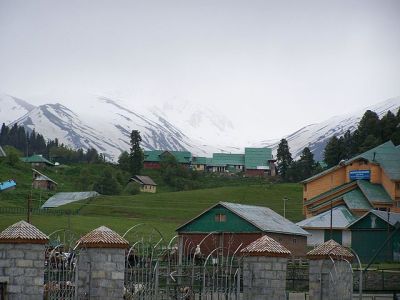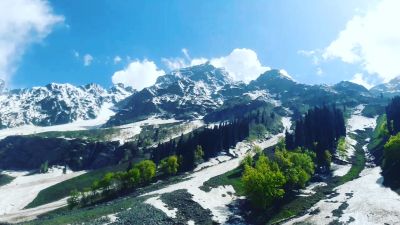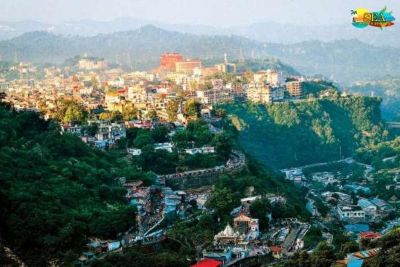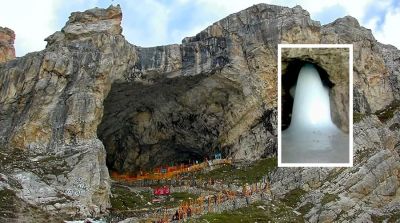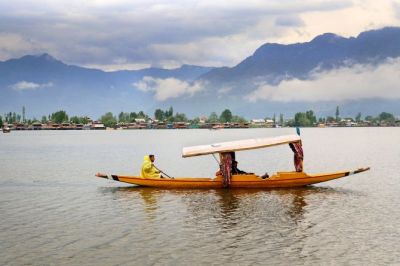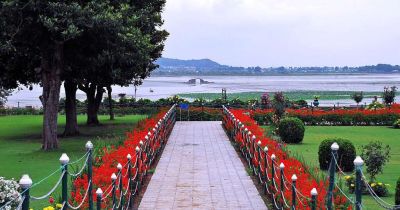Eco-Tourism Opportunities in Srinagar
Srinagar, the capital city of Jammu and Kashmir, is a mesmerizing destination that offers stunning natural beauty. With its breathtaking landscapes, serene lakes, and lush green valleys, Srinagar has become a popular eco-tourism destination. In recent years, the concept of eco-tourism has gained momentum, with travelers seeking sustainable and responsible ways to explore new places while preserving the environment.
The Importance of Eco-Tourism
Eco-tourism is all about promoting sustainable travel practices that minimize the impact on the environment, while also benefiting the local communities. It is a way of experiencing nature and culture in an eco-friendly manner, focusing on conservation, education, and community development.
Srinagar, with its untouched beauty and biodiversity, provides numerous opportunities for eco-tourism. By engaging in eco-tourism activities in Srinagar, travelers can contribute to the preservation of the natural environment while creating a positive impact on the local economy.
Top Eco-Tourism Opportunities in Srinagar
1. Dal Lake
Dal Lake is one of the most iconic attractions in Srinagar and offers a unique eco-tourism experience. Travelers can rent eco-friendly shikaras, traditional wooden boats, to explore the pristine waters of the lake. These shikaras are powered by solar energy, reducing water pollution and carbon footprint.
During your shikara ride, you can witness floating gardens where vegetables are grown using sustainable farming techniques. You can also visit Char Chinar, an island on Dal Lake, which is home to four magnificent chinar trees. This serene experience amidst nature's splendor allows you to appreciate the importance of preserving such ecosystems.
2. Dachigam National Park
Nestled in the Zabarwan Range, Dachigam National Park is a haven for wildlife enthusiasts and nature lovers. It is home to several endangered species, including the Kashmir stag, also known as the hangul. Eco-tourists can take guided treks or safaris in the park to explore its rich biodiversity.
While exploring Dachigam National Park, visitors can also learn about conservation efforts and wildlife protection. Local guides provide valuable insights into the importance of preserving natural habitats and promoting sustainable practices.
3. Pari Mahal
Pari Mahal, also known as the Palace of Fairies, is a historic garden located in the Zabarwan Range. It offers panoramic views of Srinagar and provides an excellent opportunity for eco-tourists to immerse themselves in the beauty of nature. The garden is adorned with beautiful flowers and trees, making it a perfect spot for nature walks and photography.
Eco-conscious travelers can learn about the indigenous plant species found in Pari Mahal and understand the significance of preserving them. They can also interact with local horticulturists and gain insights into sustainable gardening practices.
4. Wular Lake
Wular Lake, situated in the Bandipora district near Srinagar, is the largest freshwater lake in India. It is a wetland of international importance, attracting a wide variety of migratory birds. Bird enthusiasts and nature lovers can indulge in bird-watching activities, spotting species like the black-necked crane and bar-headed goose.
Visitors can also take boat rides on the lake and witness the floating vegetable gardens and fishing communities that rely on the lake for their livelihood. Understanding the delicate balance between human activities and natural ecosystems is a crucial aspect of eco-tourism, and Wular Lake exemplifies this.
Conclusion
Srinagar, with its astounding natural beauty, offers abundant opportunities for eco-tourism. By engaging in eco-friendly activities and supporting sustainable practices, travelers can ensure the preservation of Srinagar's ecological treasures for future generations.
Visiting places like Dal Lake, Dachigam National Park, Pari Mahal, and Wular Lake not only allows you to explore the incredible landscapes but also promotes ecological awareness and responsible travel. The beauty and tranquility of Srinagar serve as a reminder of the need to protect and cherish our natural heritage.
So next time you plan a trip to Srinagar, make sure to embrace eco-tourism and leave a positive impact on the environment and local communities.
Remember, sharing is caring! If you enjoyed reading this article, don't forget to share it with fellow travel enthusiasts who might be interested.
Disclaimer : The information provided in this blog is for general informational purposes only. While we strive to keep the content accurate and updated, TravelSetu assumes no liability for errors or omissions. If you believe any part of this blog infringes your rights or causes concern, please notify us immediately at info[at]travelsetu[dot]com so that appropriate action can be taken.
